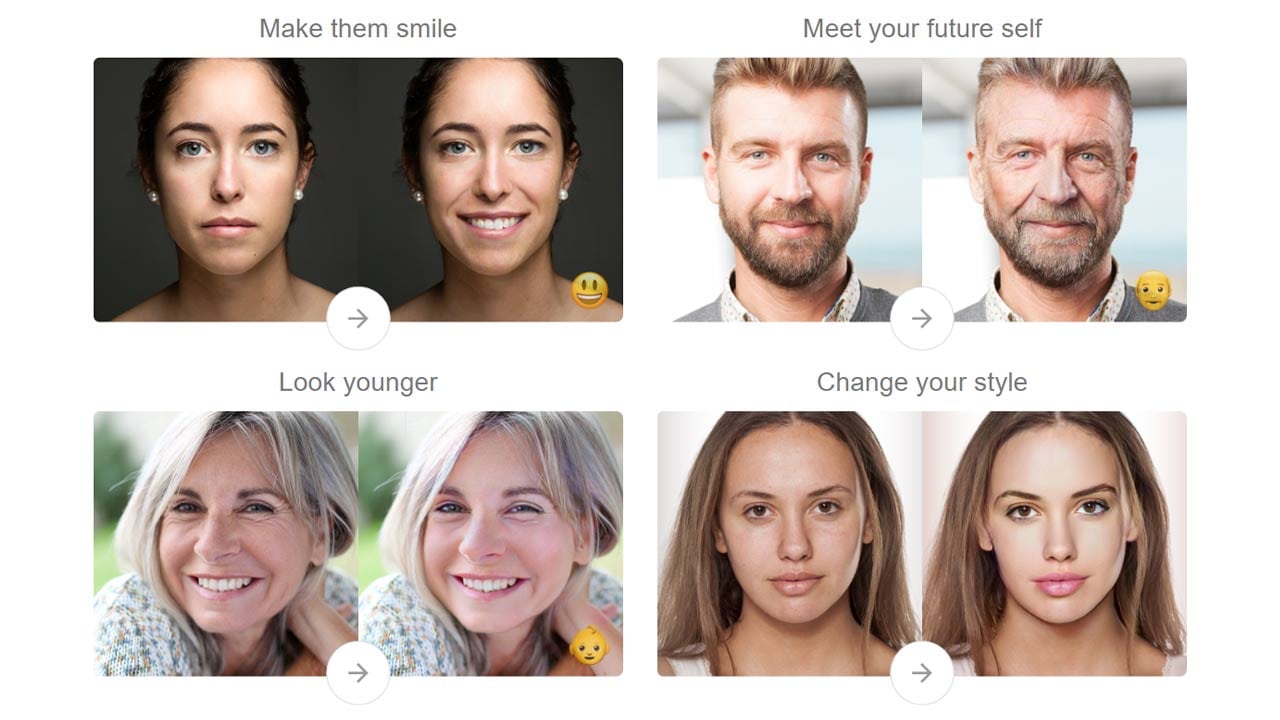Two years ago, FaceApp took the internet by storm over its feature to edit selfies or portraits using neural networks. It allowed users to add a smile, swap genders, add a ‘hotness’ filter and even a controversial filter that allowed users to change their ethnicity. And just like every viral trend, it died down after a few weeks. Now, it’s back again after the app went through some tweaks to its old age filter that has become better. [caption id=“attachment_7011811” align=“alignnone” width=“1280”]  FaceApp.[/caption] While it’s all fun and games, privacy concerns are still present on how the app handles user data. The way it works is when you click a selfie or choose an image to add a filter over it, the app uploads the image to FaceApp’s servers to run it through its neural networks in order to apply the filter. The processing isn’t happening on the client-side but on the server-side which essentially means that the filters can’t be applied on the phone locally. You will need an active internet connection.
Do you wonder how you might look in your old age? Or just want to see how you might look with a goatee, a hipster beard or blonde hair? @faceapp_ai which gives your face a makeover using AI will help you do that.@sneha_s96 pic.twitter.com/8PRRGdfbux
— Tech2 (@tech2eets) July 17, 2019
This could already freak out some of the paranoid ones but face it, that’s the only way the app works. What FaceApp could have at least done was to alert its users that their images are being uploaded to their servers for processing and be more transparent about it. Popular app researcher Jane Manchun confirmed via a thread of tweets that the app does send across data, but it’s nothing to worry about since most of is just user metrics (like interactions).
I am not seeing much fishy in FaceApp
— Jane Manchun Wong (@wongmjane) July 17, 2019
Photos are uploaded to FaceApp's servers on AWS w/ authorization. Not much info is being sent to FaceApp's servers other than user metrics (e.g. ui interactions)
I just wish there's an option for users to delete their photos from the server
Another privacy issue under discussion in the wild is that the app uploads your camera roll. TechCrunch reported that such a thing doesn’t happen, citing Guardian app CEO Will Strafach and French security researcher Baptiste Robert. According to FaceApp’s privacy policy on sharing user information: “We may share User Content and your information (including but not limited to, information from cookies, log files, device identifiers, location data, and usage data) with businesses that are legally part of the same group of companies that FaceApp is part of, or that become part of that group (“Affiliates”).” However, the company mentions that any of the information or content is anonymously stored. Robert was also quick to point out that this is similar to Snapchat’s Terms and Conditions. It states: “Because Public Content is inherently public and chronicles matters of public interest, the license you grant us for this content is broader. In addition to granting us the rights mentioned in the previous paragraph, you also grant us a perpetual license to create derivative works from, promote, exhibit, broadcast, syndicate, sublicense, publicly perform, and publicly display Public Content in any form and in any and all media or distribution methods (now known or later developed). To the extent it’s necessary, when you appear in, create, upload, post, or send Public Content, you also grant Snap Inc., our affiliates, and our business partners the unrestricted, worldwide, perpetual right and license to use your name, likeness, and voice, including in connection with commercial or sponsored content.” Although there’s no evidence yet to FaceApp mishandling or misusing user data, it’s still a healthy practice to take precautions before signing up to viral apps that ask for sensitive information.


)
)
)
)
)
)
)
)
)



